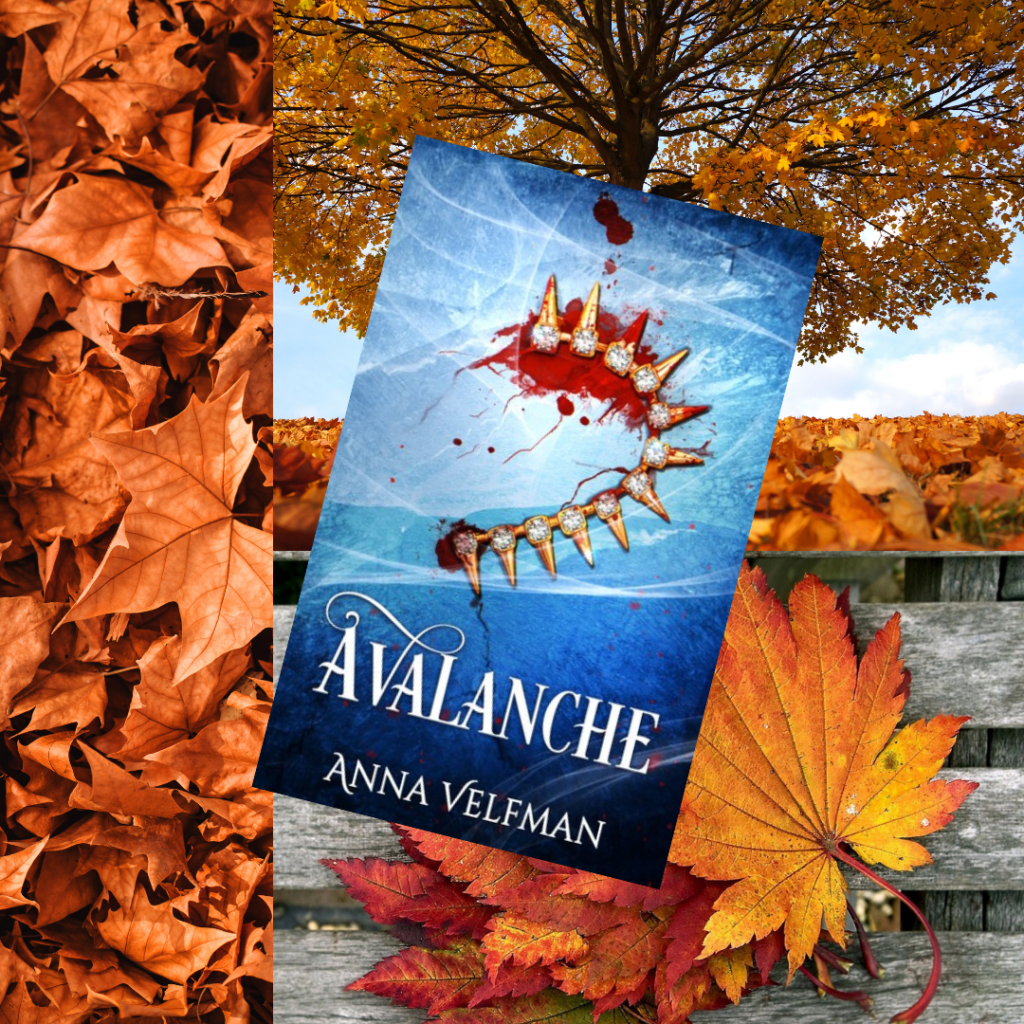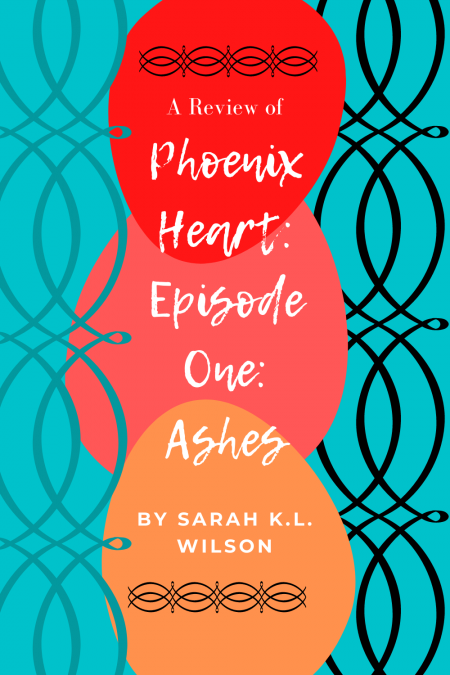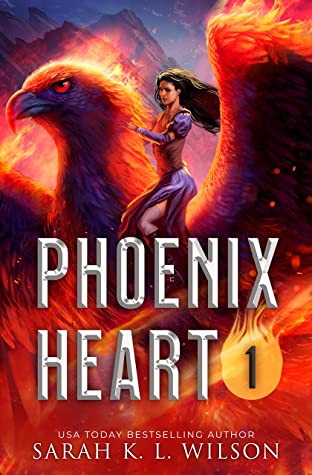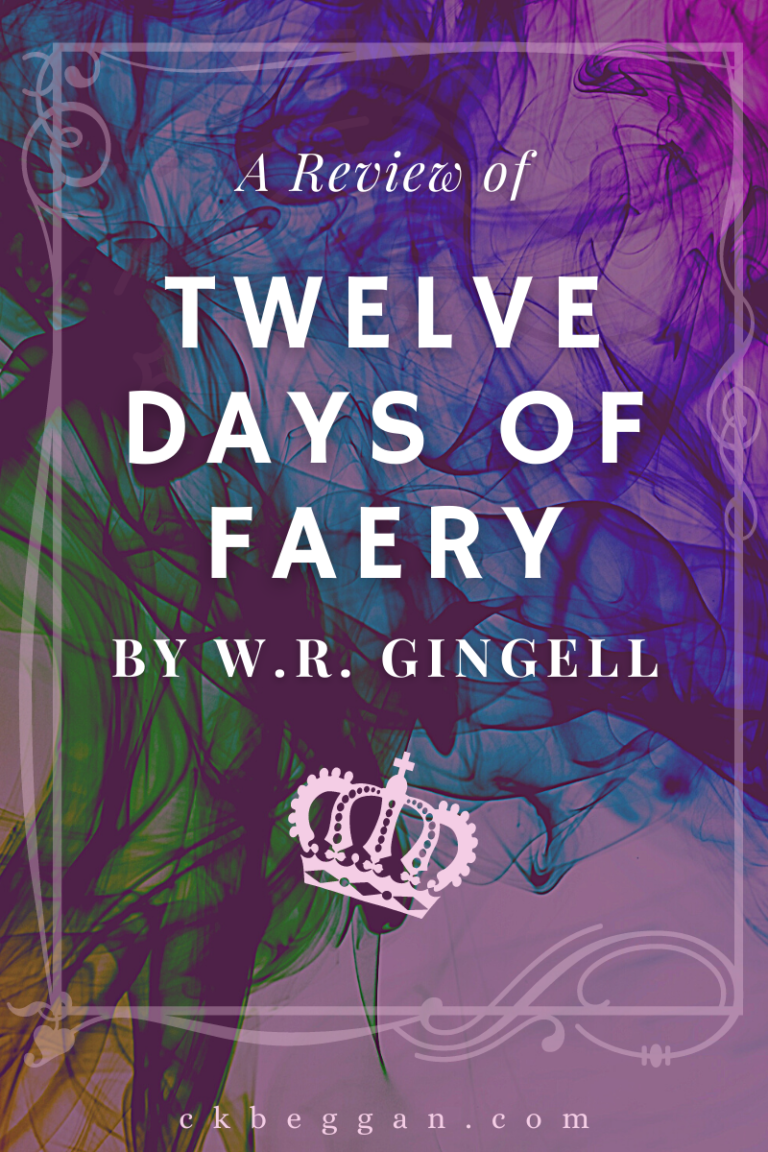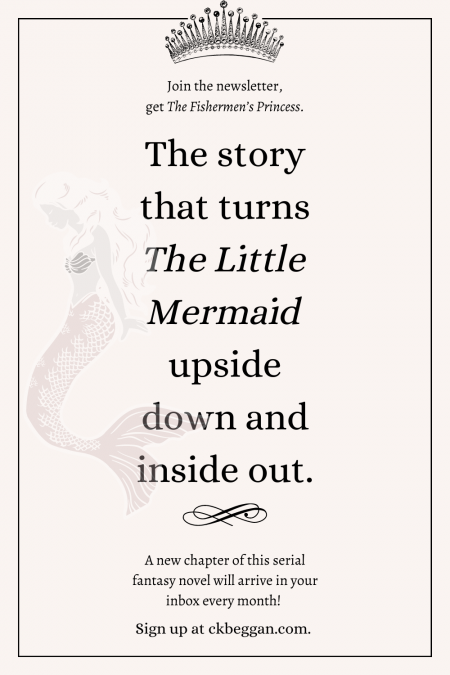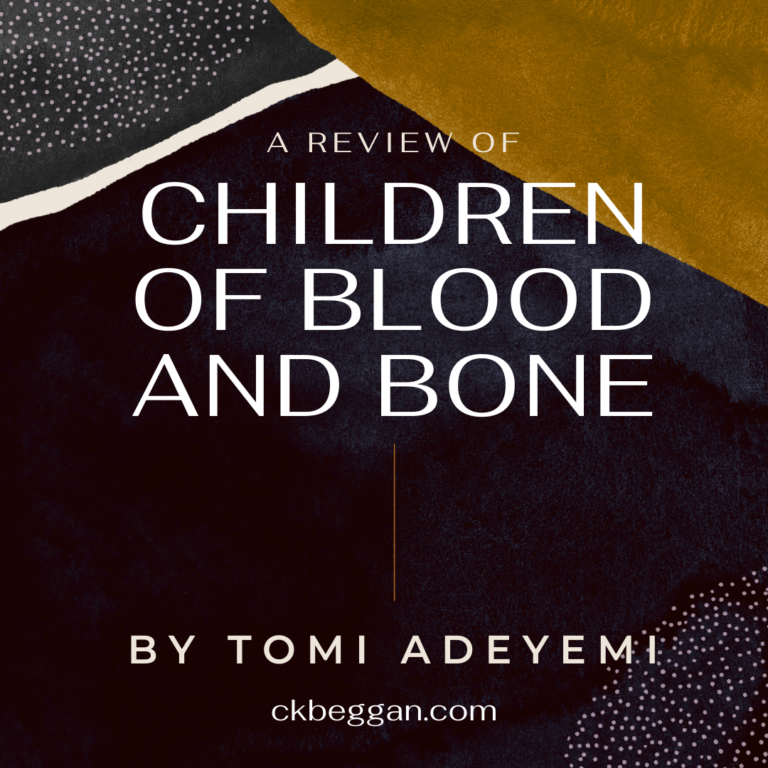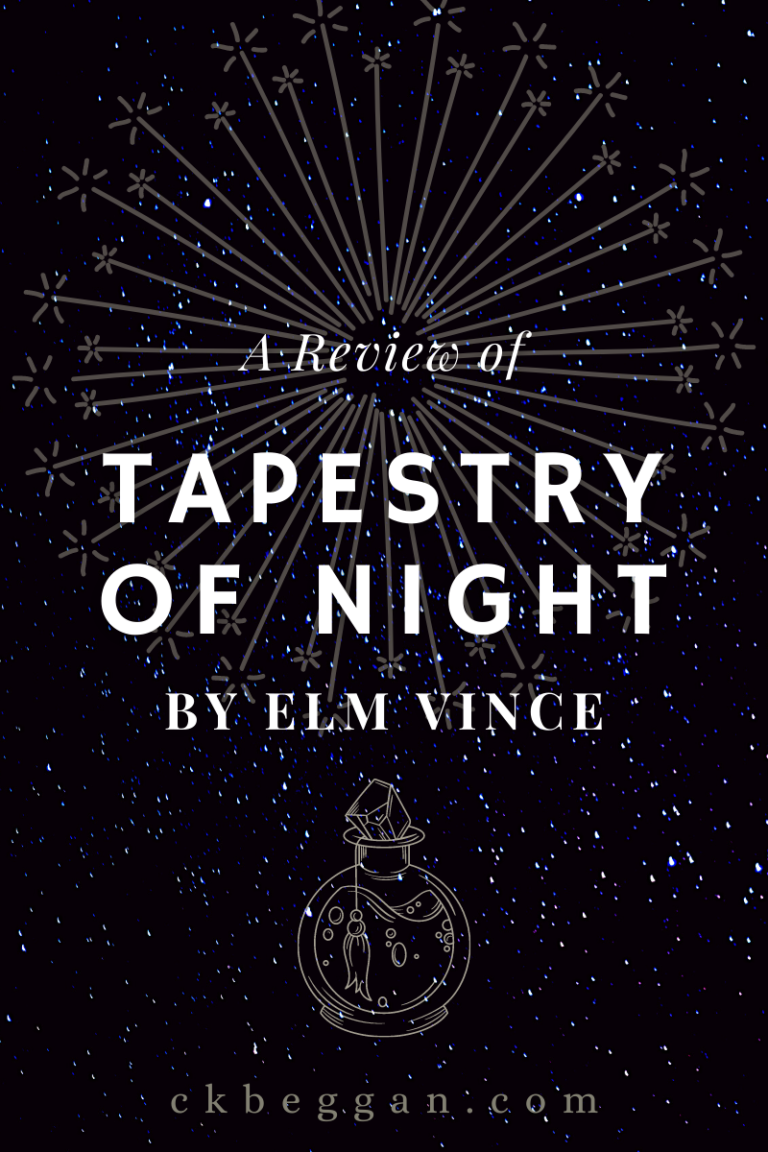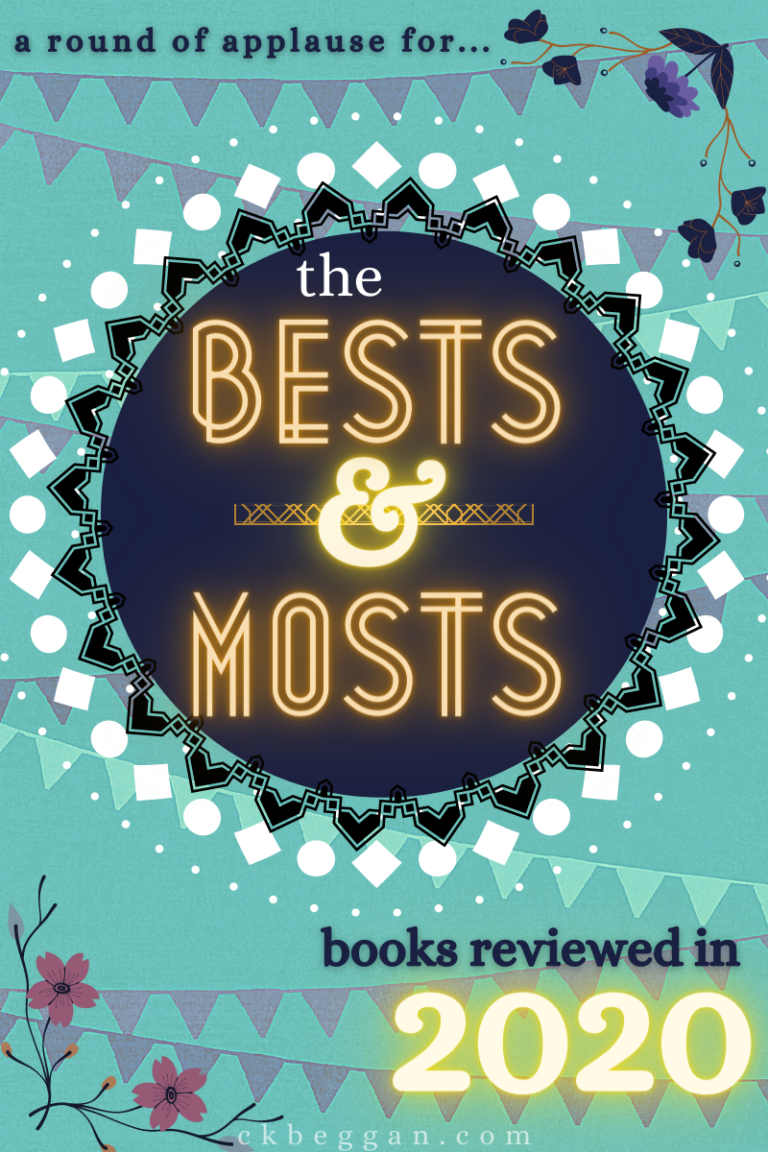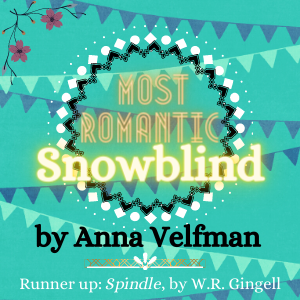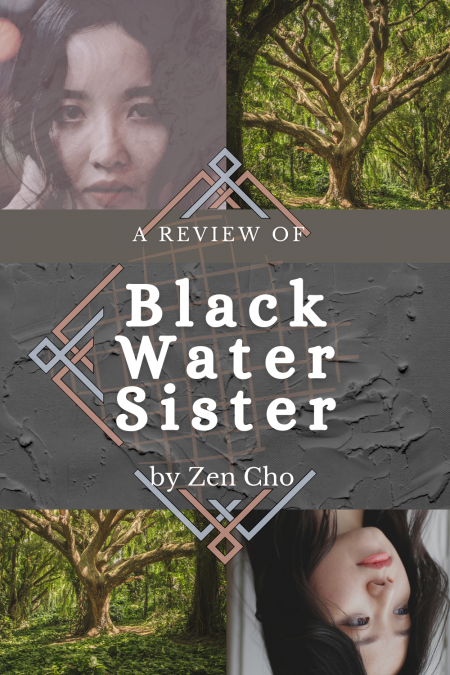
Note: This book has a recurring theme of violence against women and intimate partner violence that may be triggering for some readers.
Black Water Sister is a vivid and engaging read that perfectly fuses the ancient with the modern. And it’s a page-turning story to boot. Narrator Jess is easy to identify with, and I could practically hear the overlapping chatter of the aunties and uncles visiting Kor Kor’s house. Through twists and turns, it delivers a message of family, empathy and redemption.
Raised in America, Malaysian-born Jess is forced to return to Penang with her parents as her family’s fortunes take a turn. A recent Harvard grad, Jess has no job prospects and is separated from her very understanding and supportive girlfriend. Jess is not out to her parents (or anyone with the slightest chance of contact with her family) and keeps their long-distance relationship going through covert messages and video chats at odd hours. Living under her Christian aunt and uncle’s roof adds another layer of tension to the balancing act that is new adult Jess.
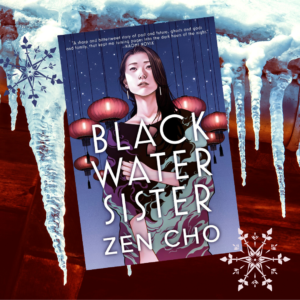
She’s isn’t the only one keeping secrets in her family, either. When Jess’s recently deceased grandmother begins haunting her, Jess’s Ah Ma, whom she never met, becomes a dangerous reality for Jess. Jess is quickly drawn into Ah Ma’s quest for vengeance, which involves saving an old temple from a determined and ultra-wealthy developer. That temple is home to the equally vengeful god known as the Black Water Sister.
In this fascinating and deadly world of spirit mediums and Chinese gods, Jess is just as lost as I was. She makes a wonderful guide, without sacrificing any of her character. She reads as an actual college grad struggling with major life changes and to find her life’s direction. All the while, the world seems to be closing in on her in every direction.
The writing gave me a crystal clear image of Jess’s Penang. Sizzling food, decaying temples and blazing heat felt real through author Zen Cho’s descriptions. I was so impressed with Cho’s ability to fuse Jess’s contemporary language with the ancient and mysterious, giving Black Water Sister a strong fantasy atmosphere even as Jess comments on hipster cafes.
Black Water Sister is both action-driven and emotional, and filled with relevant (yet timeless) messages. Abused characters are given agency and compassion in a thoughtful way, so that each character, and their pain, felt as real as the settings without ever approaching grimdark status.
This story rolls on convincingly and with a lot of heart, no matter how Jess’s life screeches to a halt. By the end, I felt like I went on the journey with her, in the best possible way.
To learn more about this author, visit zencho.org.

